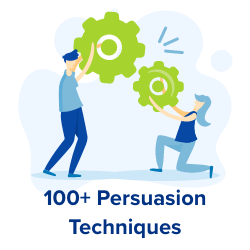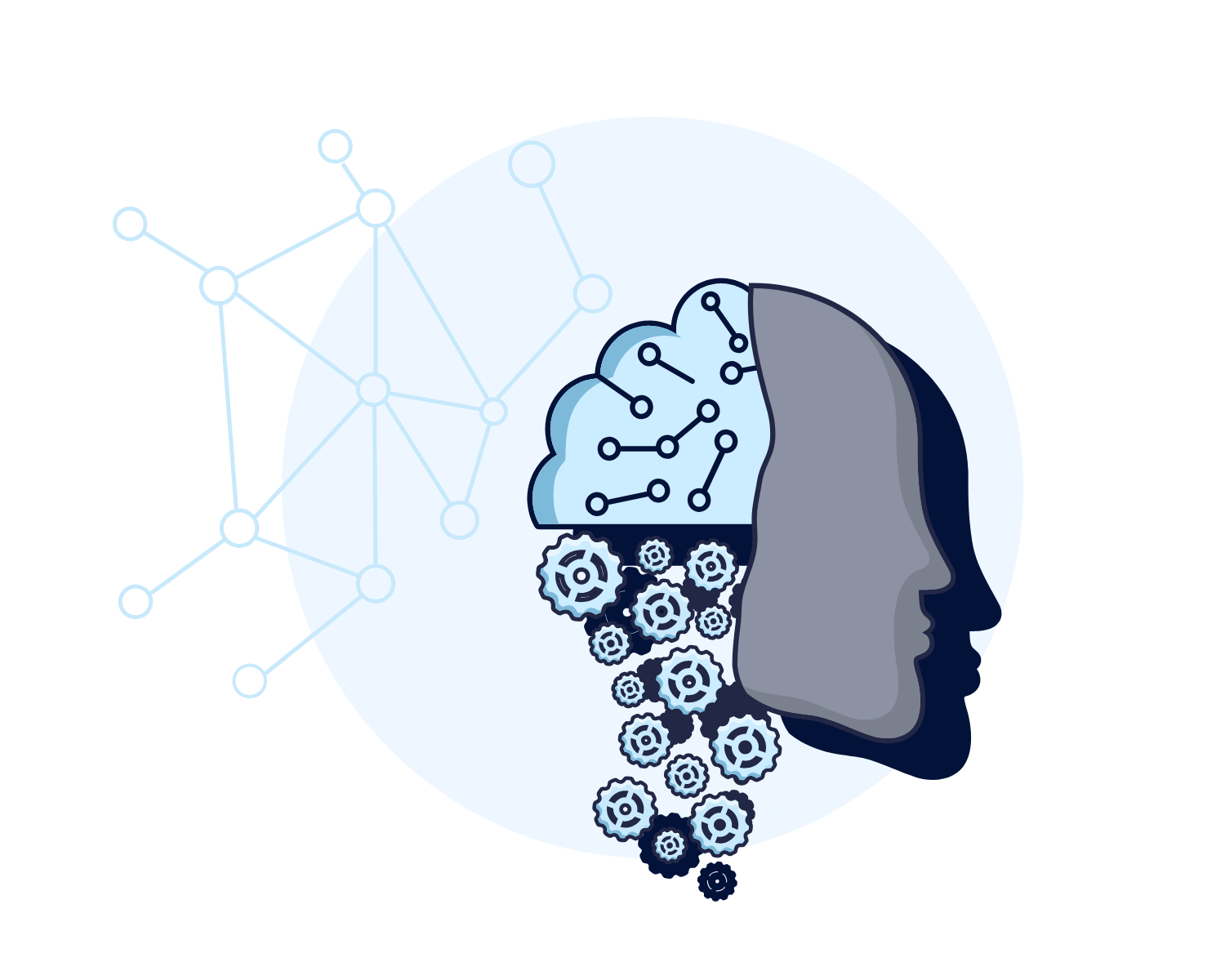5 Cognitive Biases that Explain the Psychology of Black Friday
We’ve all seen it – grainy footage of frenzied shoppers wrestling over Black Friday deals. The reality of this modern tradition often resembles the most harrowing of horror-movie scenes. But what is it that drives people to such crazed behaviour – what is behind the psychology of Black Friday?
Businesses have invested vast amounts of time and money into understanding consumer desires. Almost all major retailers focus on 5 well-known ‘Cognitive Biases’ in order to create that Black Friday buzz. Here, we explore the tactics they use to drive shoppers wild. But first…
What is a cognitive bias?
‘…a systematic (non-random) error in thinking…‘1
Cognitive Biases are consistent mistakes caused by the immediate and intuitive way we make judgements. Whilst these can be useful, they can also lead us to act in irrational ways. For example, we might decide that an item reduced by 90% is an unmissable bargain, even if it is still very expensive.
*1 Nickerson, R. S. (1998). Confirmation bias, Review of General Psychology 2, 175-220.
5 Cognitive Biases That Explain the Psychology of Black Friday
1. Fear of Missing Out (FOMO)
2. Scarcity
3. Social Proof
4. The Commitment and Consistency Principle
5. Anchoring Effect

In the lead up to Black Friday, stores flood social media with bargain deals. They also receive substantial attention from news channels. This media saturation exerts a powerful influence over consumers, creating the impression of a major social occasion and establishing a Fear of Missing Out.
Worried about overlooking a potential bargain? You might be experiencing FOMO…
Retailers are experts at communicating product scarcity. For example, how many times have you heard the phrase “buy whilst stocks last” and “selling out fast,” only to be told the same thing the following week? The ‘Scarcity Effect’ causes individuals to place a higher value on scarce objects and a lower value on those readily available.
Why do some people spend all night queuing outside a shop? Because other people do, too. ‘Social Proof’ describes how individuals look to others for reassurance when they are unsure how to behave.
Have you ever joined a queue without knowing exactly what it was for?
So, you’ve driven to the store, jostled with the crowds, and searched the shelves for bargains. That was a significant commitment to make, both in terms of time and in effort. So how do you justify it? Well, you make a purchase (or two, or three…). This is referred to as ‘Commitment and Consistency.’ Retailers make use of this effect throughout the year, by hiding prices so that shoppers are forced to demonstrate their interest in a product.
Have you ever left the supermarket empty handed…?
Black Friday prices are already cheap, but how do the stores make them look even cheaper? Stores often display the original price of the product ($59.99) struck through above the new reduced price ($39.99). The Anchoring Effect describes the way individuals use the first piece of information they are presented with as a point of reference when making judgements about subsequent pieces of information.
You can only buy one: Laptop A) $590.99 $395.99 Laptop B) $390.99
How to Apply the Psychology of Black Friday to your website
The psychology of Black Friday is filled with Cognitive Biases. Retailers know that these effects will boost sales, leading consumers to make choices based on feelings rather than calculations.
However, these are not the only neuromarketing tactics available to modern marketers. For a full list, you can explore our list of 250 easy-to-use A/B testing ideas.
We have also put together a Social Proof app called Nudgify that applies these principles to any website using customer-friendly notifications. Or, for eCommerce stores, we have built a dedicated Social Proof plug-in for Shopify users.
To read more about the world of neuro-marketing and consumer psychology, subscribe to our blog or checkout these sites:




thank you for the valuable information